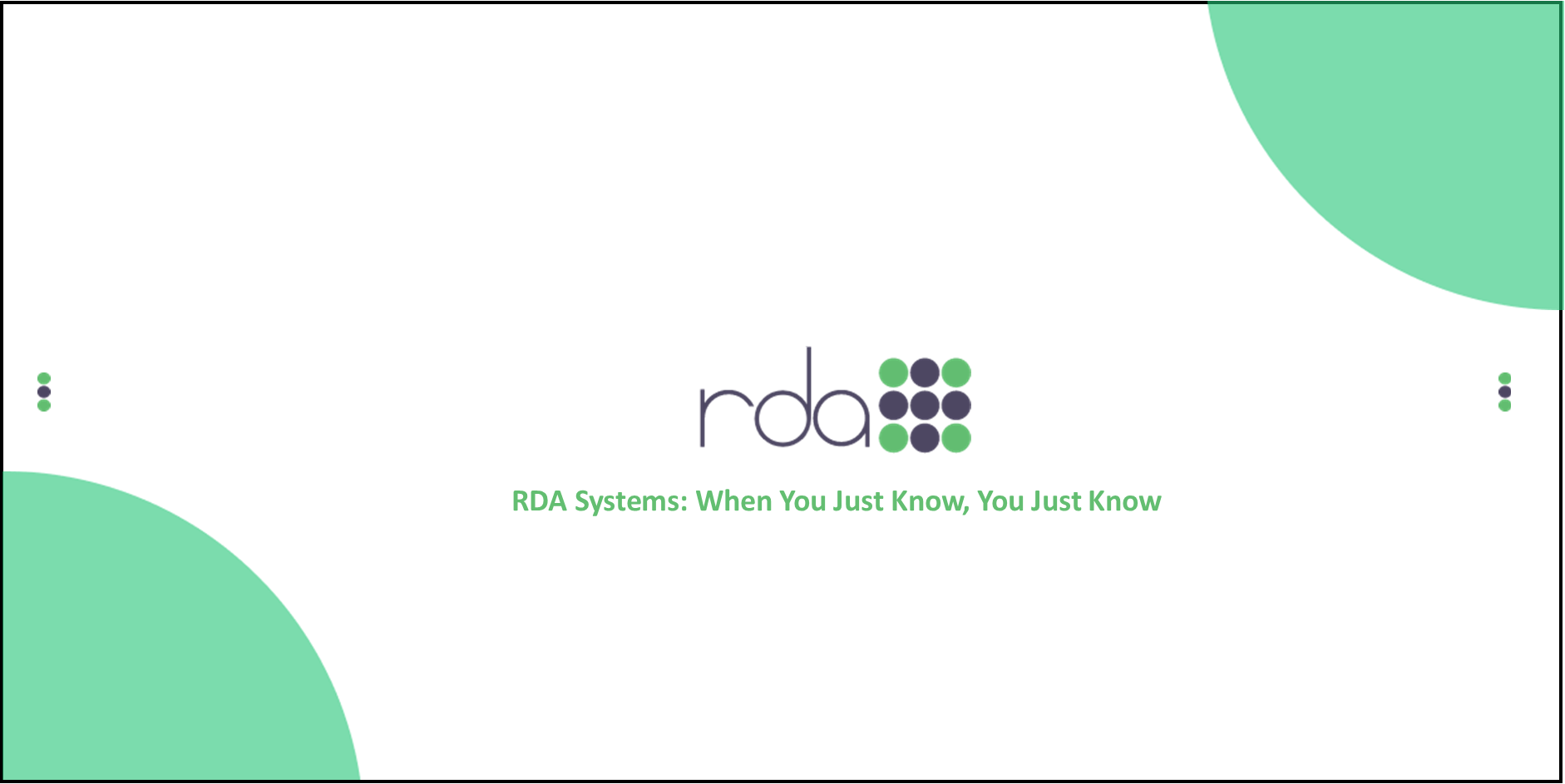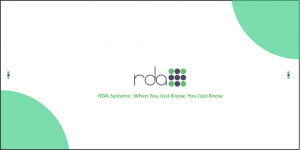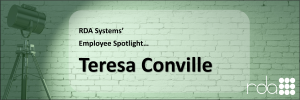With the recent Heartbleed incidents, we expanded the scope of this post to include cloud security for all of your online activities. No matter what you are doing online, you need to take these basic safety precautions.
Protect Your Passwords
Passwords can be a nuisance to keep up with. But there are some things you should not do to jog your memory. Do not write passwords on a post-it type note and put them on your monitor, in the top desk drawer or in your wallet. Research studies show that 20%-30% of password theft happens inside the office.
If you have to write your passwords down (and most of us do, whether or not we want to admit it) put them in a safe but accessible place. A locked desk drawer, a small lockbox, out in your car – any place secure and not right next to your computer. Or you can use one of the software packages designed to help manage passwords. Dave, our CEO, is very happy with a system called 1password.
You need to use different passwords for different sites. And, unfortunately, passwords need to be changed on a regular basis. There are a lot of hackers out there and they are all trying new ways to break into databases. Changing your passwords regularly minimizes potential problems.
If you have any sites that may have been affected by Heartbleed, change your password as soon as your vendors tell you they have completed the updates. For our self-serve sites, we completed the updates less than 24 hours after we heard about Heartbleed. The chance of a problem is very slight but we cannot rule it out. When in doubt, change your password.
Keep Your Browsers Updated
Many potential security issues center around your web browser. The browser developers know this and spend a lot of time, effort, and money fending off security risks. Take advantage of their knowledge and resources. Keep browsers updated and secure. Check in with us if you aren’t sure if we support the new release.
The same applies to the operating systems on your workstations. Windows XP is a great example. Support has been dropped officially by Microsoft, which means no more security updates. Since XP has had a long life lots of hackers know the system well. They will get in, and soon.
Don’t Use Unsecured WiFi For Sensitive Data
WiFi is available in a wide number of locations. Most of the time these free services are unsecured because it makes it easier for customers to log in. It is OK to look up directions or browse online but do not go to sites that require access to sensitive data like your bank account or credit card number.
Be Safe Out There
We are taking every opportunity to make sure our portion of your web experience is safe and secure. You need to take precautions as well. Let us know if you have any questions.





